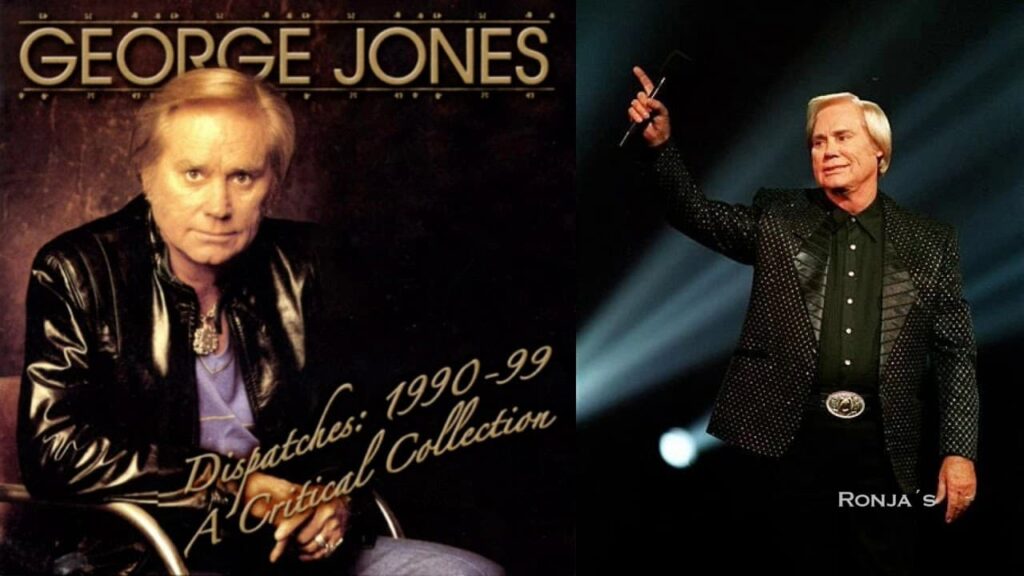
Possum’s Last Stand: The Ballad of a Life Redeemed
There are certain songs, friends, that feel less like a recording and more like a confessional—a straight-up piece of autobiography delivered by a voice that has seen it all, and lived to regret a good portion of it. George Jones’s rousing 1989 version of “(I’m a) One-Woman Man” is precisely one of those tracks.
This wasn’t just a hit; it was a testament, arriving at a time when country music was shifting beneath the feet of legends. Released in November 1988 as the lead single from his album, also titled One Woman Man, the song quickly climbed the charts, peaking at a highly respectable Number 5 on the Billboard Hot Country Singles chart in early 1989. What makes that statistic truly poignant is the fact that this song—a cover, no less—turned out to be George Jones’s final solo Top 10 hit. It was a final, emphatic, successful flourish from a man whose place in the country firmament was already carved in stone.
The song itself is not new to the country lineage. It was originally co-written by the great Rockabilly and Honky Tonk pioneer Johnny Horton and Tillman Franks, who first took it to Number 7 on the charts back in 1956. Jones had, in fact, recorded it once before in 1960 for his album The Crown Prince of Country Music. Yet, his 1988 rendition, produced by the incomparable Billy Sherrill, possesses a depth and resonance that only decades of living—and hard living—could provide.
The meaning, stripped to its core, is a bold declaration of marital fidelity: “The only time I ever looked at another woman / I’m looking right now at the one I love.” Coming from any other singer, this might sound like a simple, heartfelt country ditty. Coming from “The Possum,” a man whose legendary battles with the bottle and famously turbulent marriages—especially to Tammy Wynette—were the stuff of tabloid legend, it’s a profound, almost defiant statement.
By the time he recorded One Woman Man, George Jones was finally, truly sober, thanks in large part to his devoted fourth wife, Nancy Sepulvado. This song, therefore, is not merely a tune; it’s a living monument to his final and greatest triumph over his demons. When his voice, always the most glorious instrument in country music, delivers those lines, you hear the wisdom of a man who knows the price of a broken promise. The swagger of Johnny Horton’s 1956 original is replaced with Jones’s hard-earned humility and gratitude.
For those of us who came of age with his music, and watched his incredible, often painful journey unfold across the decades, this song captures a feeling beyond the hit parade. It evokes the memory of seeing a friend finally find peace. It reminds us of an era when a country song could still deliver an honest-to-goodness story in under three minutes, with no frills, just heart. “I’m a One Woman Man” is the sound of George Jones looking back at the wreckage of his past and, for once, singing a future he finally got right. It’s pure, traditional country music that manages to be both nostalgic and deeply personal, marking the sunset of an incredible career while celebrating the dawn of a new life.